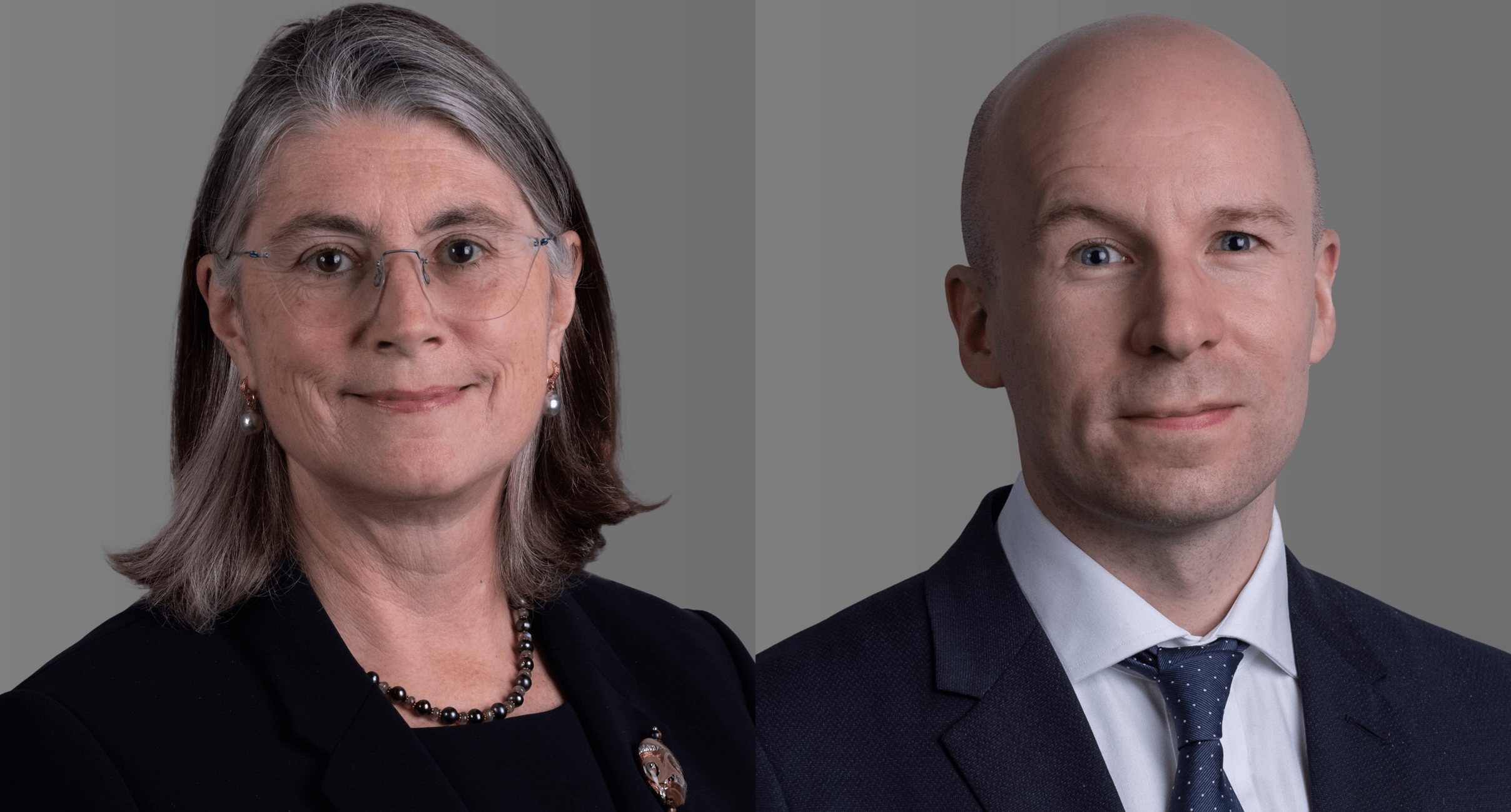
The Supreme Court on 21 December 2022 handed down judgment upholding the Court of Appeal in striking out all but £2.4 million of an £118.5 million claim against HSBC which is listed for a 5-week trial in October 2024.
Patricia Robertson KC and Christopher Langley acted for HSBC (with Louise Hutton KC) and were instructed by David Flack and Oliver Shipway at Eversheds Sutherland (International) LLP.
Through its liquidators, Stanford International Bank (“SIB”) brought a claim against HSBC Bank plc (“HSBC”), which had operated correspondent bank accounts for SIB until the accounts were frozen in February 2009, for damages for alleged breach of the “Quincecare” duty (first recognised in Barclays Bank plc v. Quincecare Ltd [1992] 4 All ER 363). This was advanced on the basis that HSBC negligently failed to spot signs that SIB was being run as a Ponzi scheme and that but for that breach the accounts would have been frozen several months earlier, preventing some £118.5 million from being paid out.
The issue before the Supreme Court was whether the Court of Appeal had been right to strike out £116 million of the Quincecare claim, on the basis that it related to payments out of SIB’s accounts with HSBC which, even on the assumption they had been made in breach of the Quincecare duty, did not give rise to any loss to SIB, because they had settled contractual debts owed to innocent investors in SIB’s certificates of deposit. HSBC therefore contended, and the Court of Appeal had accepted, that applying the net loss principle, SIB had suffered no loss.
Faced with that, SIB’s argument evolved into a loss of chance argument, on the basis that, because SIB was in fact (being a Ponzi scheme) hopelessly insolvent at the time the payments were made, it lost the chance of discharging those debts to its customers for a few pence in the pound in the subsequent liquidation, rather than at full value.
By a majority of 4:1, the Supreme Court dismissed SIB’s appeal and upheld the Court of Appeal order to strike out the Quincecare claim.
The majority held that the disputed payments, which had relieved SIB of its liability to those customers who received payment, did not amount to a monetary loss to SIB. In the hypothetical counterfactual scenario where HSBC had not made the disputed payments, SIB might have had an extra £116 million of assets at the time of going into liquidation. However, SIB also would not have discharged any of the debts it owed to those customers, so they would then have swelled the numbers of those claiming a dividend in the liquidation, alongside those customers who had not been repaid by the time SIB entered liquidation.
Lord Leggatt described SIB’s argument as an attempt to have their cake and eat it, since it sought to take into account a “saving”, in paying less to those who received full payment, whilst ignoring the fact that the funds thereby “saved” would all have been paid out to the resulting much larger group of claimants in the insolvency.
Much of the argument before the Court had turned on the significance to be attached to cases considering director’s liability for misfeasance in the context of impending insolvency. SIB contended that those cases demonstrated that a loss to creditors was to be equated with a loss to the company, in a situation where, due to impending insolvency, “the interests of creditors intrude”, and that the same was true in the context of a claim against a third party, rather than a director.
Lord Leggatt (in the majority) and Lord Sales (dissenting) have each addressed those principles in some detail and their observations are likely to be of interest to insolvency practitioners and company lawyers, outside the (growing) field of Quincecare claims.
Details can be found on the Supreme Court’s website, including a press summary and a link to the judgment.




